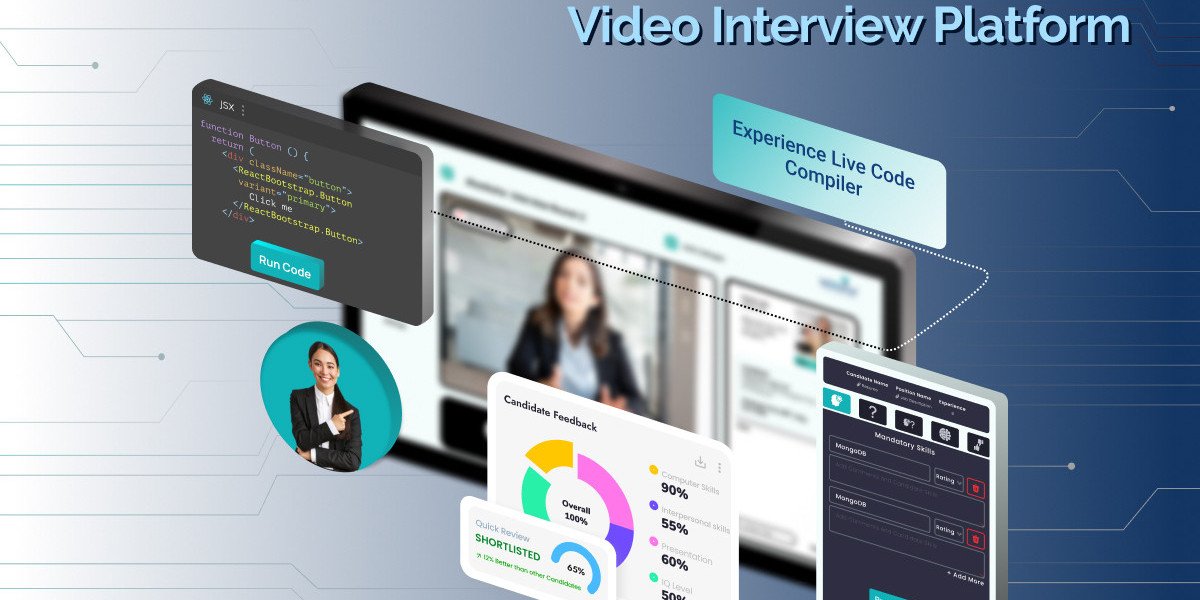Video interview tool have indeed become an integral part of the hiring process and are likely to continue playing a significant role in the future of hiring. Here are some aspects that highlight the potential of video interviewing tools:
Remote Hiring: Video interviewing tools enable remote hiring, which has become increasingly relevant in a globalized and digitalized work environment. Companies can connect with candidates from anywhere in the world, expanding their talent pool and eliminating geographical barriers.
Time and Cost Efficiency: Video interviews save time and resources for both employers and candidates. Travel expenses, scheduling conflicts, and coordination challenges associated with traditional in-person interviews are significantly reduced. Hiring managers can review recorded interviews at their convenience, accelerating the screening process.
Enhanced Candidate Evaluation: Video interviews provide employers with more insight into a candidate's communication skills, body language, and presentation abilities compared to traditional phone interviews. It allows hiring managers to assess a candidate's non-verbal cues, personality, and cultural fit, helping make more informed decisions.
Collaboration and Evaluation: Hiring is often a team effort, involving multiple stakeholders. Video interviewing tools facilitate collaboration by enabling recruiters, hiring managers, and other team members to collectively review interviews, leave comments, and share feedback, streamlining the evaluation process.
AI-powered Insights: Advanced video interviewing tools leverage artificial intelligence (AI) to analyze candidate responses, facial expressions, and vocal cues. AI algorithms can provide additional insights and help identify patterns that might not be immediately apparent to human reviewers. These tools can also assist in assessing skills, personality traits, and potential cultural fit.
Accessibility and Inclusivity: Video interviewing accommodates individuals with disabilities or those who face mobility challenges. Candidates can participate in interviews from their preferred location, reducing accessibility barriers. Additionally, video interviewing tools can offer features like closed captions and translation services to improve inclusivity for diverse candidates.
Scalability and Standardization: Organizations that handle a high volume of candidates benefit from video interviewing tools' scalability. Companies can streamline the hiring process by creating standardized interview questions and evaluation criteria, ensuring consistent and fair assessments across candidates.
Branding and Candidate Experience: Video interviewing tools offer an opportunity for companies to showcase their brand and provide a positive candidate experience. By incorporating branded interfaces, personalized messages, and seamless user experiences, organizations can strengthen their employer brand and make a lasting impression on candidates.
As technology continues to evolve, we can expect video interviewing tools to become more sophisticated, incorporating features like augmented reality (AR) for interactive assessments, sentiment analysis to gauge candidate engagement, and even virtual reality (VR) for immersive interview experiences.
However, it's important to note that while video interviewing tools offer numerous benefits, they should not replace in-person interviews entirely. Certain roles and situations may still require face-to-face interactions to gauge practical skills or establish stronger personal connections.








